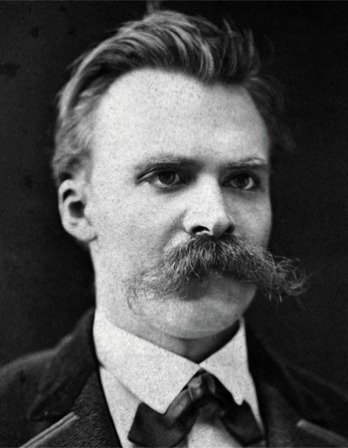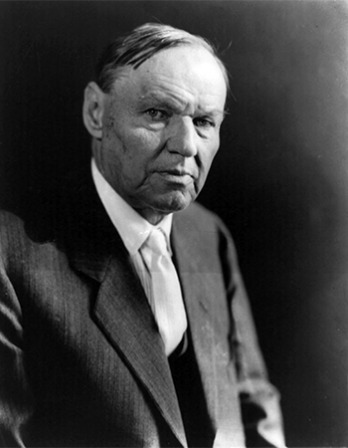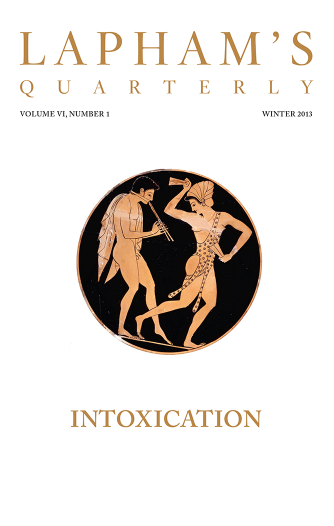Human history becomes more and more a race between education and catastrophe.
—H.G. Wells, 1920Class Distinctions
Kantian child-rearing, explained.
It may be said with truth that the children of the working classes are more spoiled than the children of those of higher rank, for the working classes play with their children like monkeys: singing to them, caressing, kissing, and dancing with them.
They think indeed they are doing a kindness to their child in always running to him when he cries, and playing with him, etc.; but he only cries the oftener. If, on the other hand, no notice is taken of the child’s crying, he will leave off at last—for no one cares to continue a fruitless task. Once a child has become accustomed to having all his whims gratified, it is afterward too late to begin to cross his will. On the other hand, if you do not mind the child’s crying, he will soon get tired of it. But should his fancies always be gratified, both his character and his manners will be spoiled.
The child has as yet no idea of manners, but it goes far toward spoiling his natural disposition, so that afterward sharp measures are necessary to undo the evil caused by early indulgence. When attempts are made later on to break off the habit of giving way to all the child’s wishes, his crying is then accompanied by a rage as fierce as any of which grown-up people are capable, only he has not the physical strength to exercise it. This is but what we must expect, for children who have been for so long accustomed merely to cry to get what they want become veritable despots, and are naturally aggrieved when their rule comes suddenly to an end; for even grown-up people who have been for some time in a high position find it very difficult if they are suddenly called upon to abdicate.
The will of children must not be broken, but merely bent in such a way that it may yield to natural obstacles. At the beginning, it is true, the child must obey blindly. It is unnatural that a child should command by his crying, and that the strong should obey the weak. Children should never, even in their earliest childhood, be humored because they cry, nor allowed to extort anything by crying. Parents often make a mistake in this, and then, wishing to undo the result of their overindulgence, they deny their children in later life whatever they ask for. It is, however, very wrong to refuse them without cause what they may naturally expect from the kindness of their parents merely for the sake of opposing them. They, being the weaker, should be made to feel the superior power of their parents.
Immanuel Kant
From “On Pedagogy.” In 1732 at the age of eight, Kant began his own education at a Latin school where he acquired a lifelong love of Lucretius. Later enrolled as a theology student at the University of Königsberg, his interest shifted from matters of God to gravity after reading Sir Isaac Newton. Kant published his first book in 1746 on the nature of kinetics.




